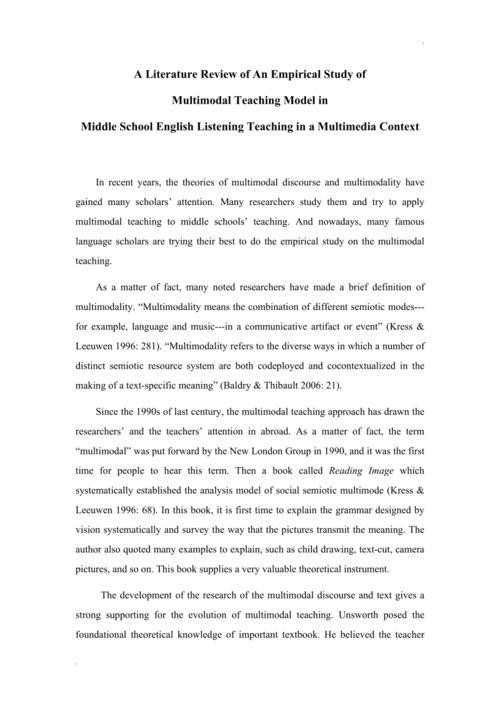
Empirical Methods in Management Ethics: A Detailed Overview
Understanding the ethical landscape in management is crucial for any professional seeking to navigate the complexities of modern business. Empirical methods play a pivotal role in this endeavor, providing a structured approach to studying and analyzing ethical practices. In this article, we delve into the various dimensions of empirical methods in management ethics, offering a comprehensive guide to their application and significance.
Defining Empirical Methods
Empirical methods are those that rely on observation, experimentation, and data collection to test hypotheses and draw conclusions. In the context of management ethics, these methods are essential for understanding the real-world implications of ethical decisions and behaviors.

Types of Empirical Methods in Management Ethics
There are several types of empirical methods used in management ethics, each with its unique strengths and applications. Let’s explore some of the most common ones:
-
Surveys and Questionnaires
-
Case Studies
-
Experiments

-
Content Analysis
-
Interviews
Surveys and Questionnaires
Surveys and questionnaires are widely used in management ethics to gather data from a large number of participants. These tools can help researchers understand the attitudes, beliefs, and behaviors of individuals or groups in relation to ethical issues. For example, a survey might be used to assess the ethical climate of a workplace or to measure the impact of ethical training programs.
Case Studies
Case studies provide in-depth analysis of specific situations or events. They are particularly useful for exploring complex ethical dilemmas and the decision-making processes involved. By examining real-life examples, researchers can gain insights into the challenges and trade-offs faced by managers in ethical situations.
Experiments
Experiments are designed to test the effects of specific variables on ethical behavior. By manipulating certain factors and observing the outcomes, researchers can determine the impact of ethical training, organizational policies, or other factors on individuals’ ethical decision-making.
Content Analysis
Content analysis involves systematically analyzing written or spoken materials to identify patterns, themes, and trends. This method can be used to examine the ethical content of corporate reports, press releases, or other documents. It can also help researchers understand the language and imagery used to discuss ethical issues in the media or by organizations.
Interviews
Interviews provide a more personal and nuanced understanding of ethical issues. They allow researchers to explore the perspectives, experiences, and motivations of individuals in depth. Interviews can be conducted in person, over the phone, or via video conferencing.
Applying Empirical Methods in Management Ethics
Applying empirical methods in management ethics requires careful planning and execution. Here are some key steps to consider:
-
Identify the research question or objective.
-
Select the appropriate empirical method(s) based on the research question and available resources.
-
Design the study, including the sampling strategy, data collection instruments, and analysis methods.
-
Collect and analyze the data.
-
Draw conclusions and make recommendations based on the findings.
Challenges and Limitations
While empirical methods are valuable tools in management ethics, they also come with challenges and limitations. Some of the key issues include:
-
Sample bias
-
Subjectivity in data interpretation
-
Cost and time constraints
-
Generalizability of findings
Real-World Examples
Let’s look at a few real-world examples of empirical methods in management ethics:






